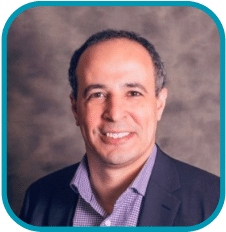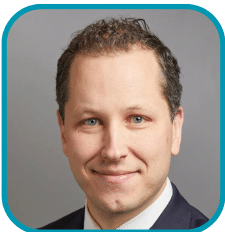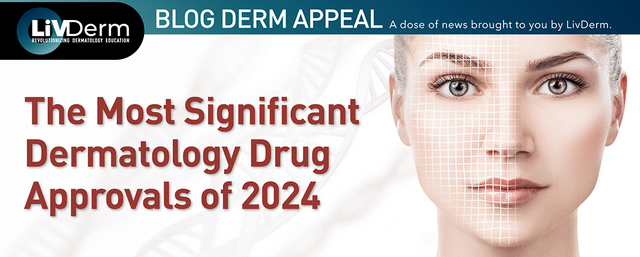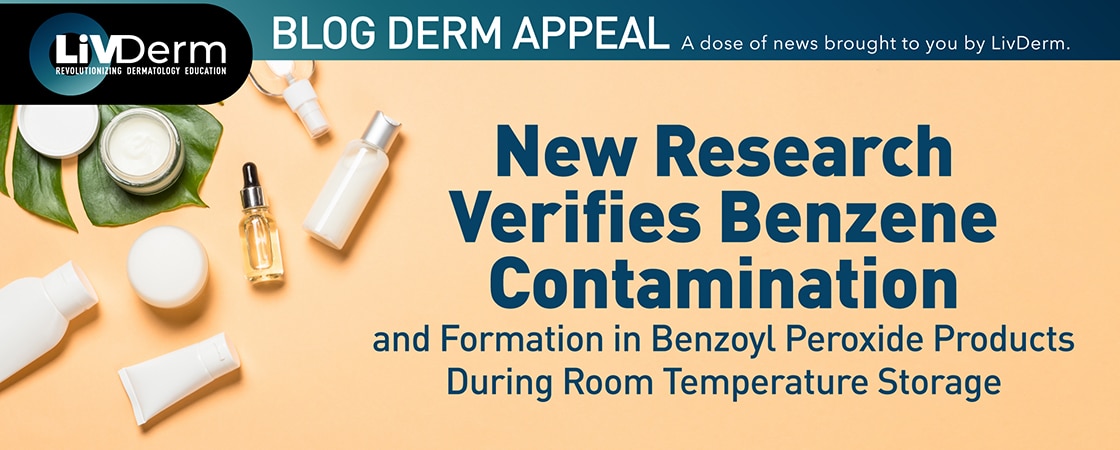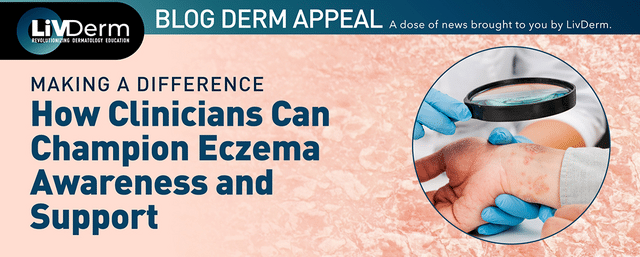The 2023 South Beach Symposium (SBS) included a brand-new hot topic, Applications of Genomics and How It Impacts Patient Care. This session, led by SBS Planning Committee Member, Christopher G. Bunick, MD, PhD, covered a variety of topics related to this approach and what it means for patient care. Dr. Bunick was joined by other experts in the field including Aaron S. Farberg, MD, Jill S. Waibel, MD, Ayman Grada, MD, and William E. Damsky, MD, PhD.
Dr. Bunick started this interesting session with a look at precision medicine, first defining it and then examining the patients’ phenotype and underlying molecular endotype, which he states is essential in precision medicine. Dr. Bunick also briefly looked at the latest technologies available including next-generation sequencing of dermally extracted RNA and the Cytokine RNA in situ Hybridization method.
Dr. Farberg followed on from Dr. Bunick’s talk with a look at new innovations across the spectrum. He reviewed the application of genomics across melanoma and inflammatory diseases referring to several studies. Dr. Farberg reiterated Dr. Bunick’s previous statement, revealing that this approach can help guide clinicians and their patients on which class of drugs they are likely to better respond to.
Dr. Waibel then took to the stage to discuss regenerative cosmetic dermatology and genomics. She spoke about stem cells revealing that currently, the only stem cell products that are approved by the U.S. Food and Drug Administration (FDA) consist of blood-forming stem cells. Mentioning exosomes, a topic discussed in depth at SBS, she also revealed there are currently no FDA-approved exosome products.
According to Dr. Waibel, aesthetic medicine is in a bit of a “wild west position” at the moment, with one side fighting to provide patients with revolutionary therapies and the other side who are hurting patients by bypassing regulations. Dr. Waibel also made reference to the work of Vittorio Sebastiano, PhD, specifically his epigenetic reprogramming of aging (ERA), a revolutionary idea of reversing the aging process.
Dr. Grada took over the session with a discussion on biomarkers in wound healing reviewing several relevant studies. In a study conducted on diabetic patients with foot ulcers where researchers studied the wound’s microbiome, it was found that the microbiota community instability was associated with faster wound healing.
According to Dr. Grada, this is interesting to note and an indication that the “dynamic wound microbiome is indicative of clinical outcomes and may be a valuable guide for personalized management and treatment of chronic wounds.”
The closing topic was presented by Dr. Damsky, who covered how to educate your patients about genomics and testing. He mentions that prior to educating patients, you first need to educate yourself. It is essential to also consider not just the benefits, but also the harms of genetic testing, including possible incidental findings, cost, and anxiety for patients. Furthermore, it is important to find time to sit and talk with patients about diagnosis and treatment and the best ways of moving forward.
Dr. Damsky left participants with a final statement, “genomics, genetics, basic scientific investigation holds incredible power in dermatology” which reveals the huge relevance of this area of medicine.





